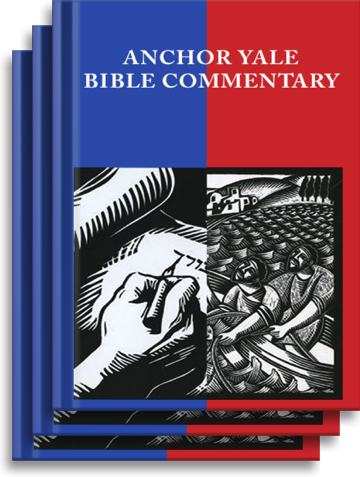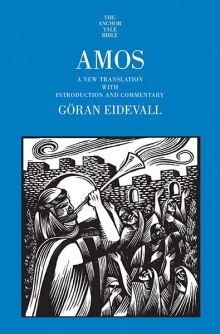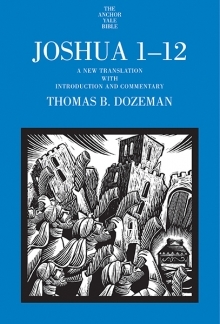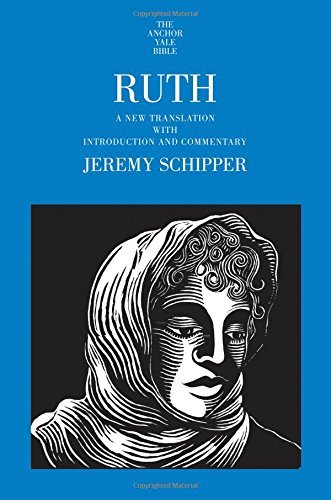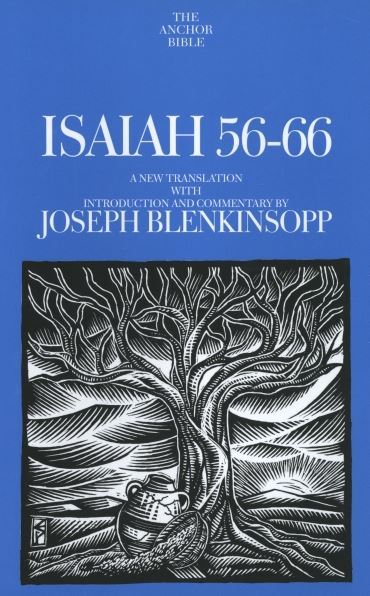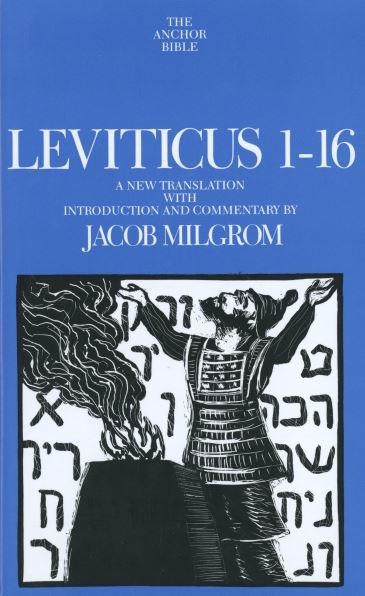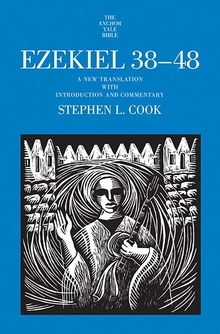



Obadiah exemplifies the classic Israelite prophetic tradition. This brief but volatile diatribe encompasses many of the great prophetic themes, such as divine judgment against Israel's enemies, the day of Yahweh, Zion theology, Israel's possession of the promised land, and the kingship of Yahweh. These themes allow Obadiah to transcend time and touch upon some of the modern Middle East's most controversial issues. Its harsh language and pro-Israelite zeal spark debate even today. Through his accurate translation and sympathetic interpretation of what the book meant to its original sixth-century audience, Dr. Paul R. Raabe relates the reader's modern world to that of the ancient Near East.
In the revered Anchor Bible tradition, the commentator provides the contextual framework to make sense of Obadiah's cryptic and often ignored prophetic message. Drawing upon an exhaustive analysis of the books grammar and philology, literary forms and context, religious and social situation, and historical context, Dr. Raabe offers us the most informed and up-to-date commentary available. Scholars, students, clergy, and laypeople will rely on Obadiah for years to come.
Paul R. Raabe is an associate professor at Concordia Seminary in St. Louis, Missouri, where he lives. He is the author of Psalm Structures (Sheffield University Press, 1990) and coeditor of Fortunate The Eyes That See (Eerdmans, 1995). He received M.S. and M.Div. degrees from Concordia College an M.A. in Classics from Washington University, St. Louis, and a Ph.D. in Near Eastern Studies from the University of Michigan in Ann Arbor.
THE ANCHOR YALE BIBLE COMMENTARY SERIES is a project of international and interfaith scope in which Protestant, Catholic, and Jewish scholars from many countries contribute individual volumes. The project is not sponsored by any ecclesiastical organization and is not intended to reflect any particular theological doctrine.
The Anchor Yale Bible is committed to producing commentaries in the tradition established half a century ago by the founders of the series, William Foxwell Albright and David Noel Freedman. It aims to present the best contemporary scholarship in a way that is accessible not only to scholars but also to the educated nonspecialist. Its approach is grounded in exact translation of the ancient languages and an appreciation of the historical and cultural context in which the biblical books were written supplemented by insights from modern methods, such as sociological and literary criticism.
